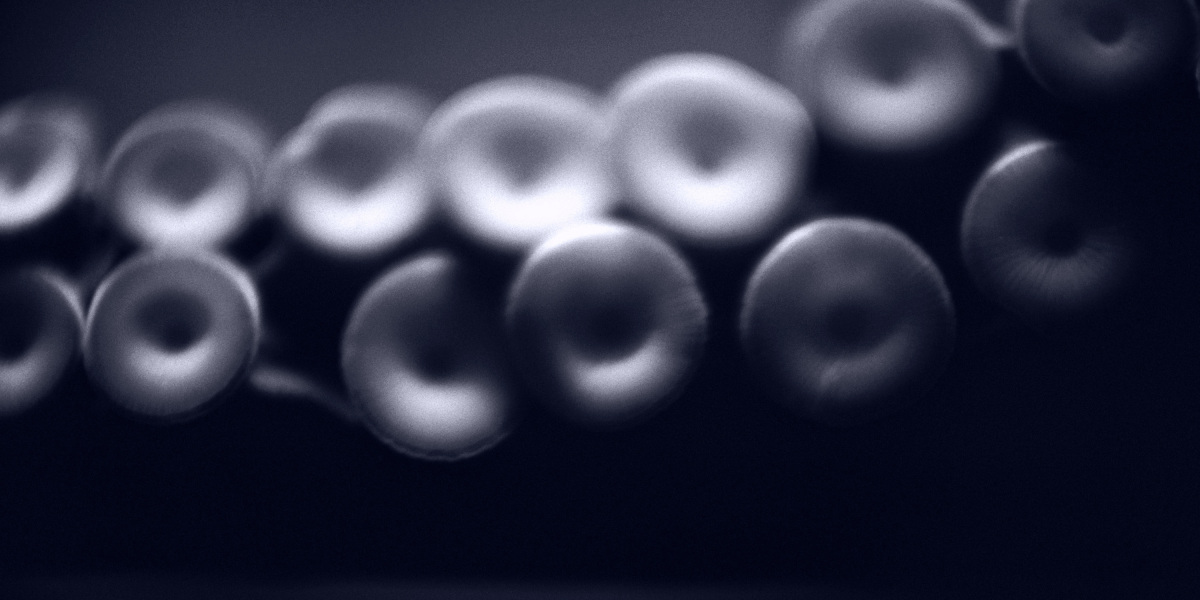[ad_1]
People are active listeners; we create meaning where there is none or not. Bender says that the words of the octopus have no meaning, but rather the islander can understand them.
For all its sophistication, modern AIs have the same intelligence as a calculator: both machines are designed to transform inputs into outputs in a way that intelligent people prefer to interpret as meaningful. Although neural networks can be modeled on the basis of the brain, the best ones are much less complex than the mouse brain.
Yet we know that the brain can produce what we mean by consciousness. If we can eventually figure out how the brain does this and replicate this mechanism in an artificial device, then surely a conscious machine could be possible?
When I tried to imagine Robert’s world at the beginning of this essay, I was attracted by the question of what consciousness meant to me. My idea of a conscious machine was undeniably – perhaps inevitably – human-like. This is the only form of consciousness that I can imagine, since it is the only one that I have experienced. But is this really what it means to be a conscious AI?
I think this is probably arrogance. The project of creating intelligent machines is focused on human intelligence. But the animal kingdom is full of many possible alternatives, from birds to bees to cephalopods.
Several hundred years ago, Rene Descartes held the generally accepted point of view that only humans are conscious. Soulless animals were seen as brainless robots. Few think that today: if we are conscious, then there is little reason not to believe that mammals, with their similar brains, are also conscious. And why draw a line around mammals? Birds seem to think when they solve puzzles. Most animals, even invertebrates such as shrimp and lobsters, show signs of pain, suggesting that they have some degree of subjective consciousness.
But how can we really imagine what it should be like? As the philosopher Thomas Nagel noted, being a bat should “look like” something, but what it is, we cannot even imagine – because we cannot imagine what it would be like to observe the world with the help of a kind of sonar. We can imagine what it might be like US to do this (perhaps by closing our eyes and imagining a kind of cloud of echolocation points of our environment), but this is still not what it should be for a bat with its mind.
[ad_2]
Source link



